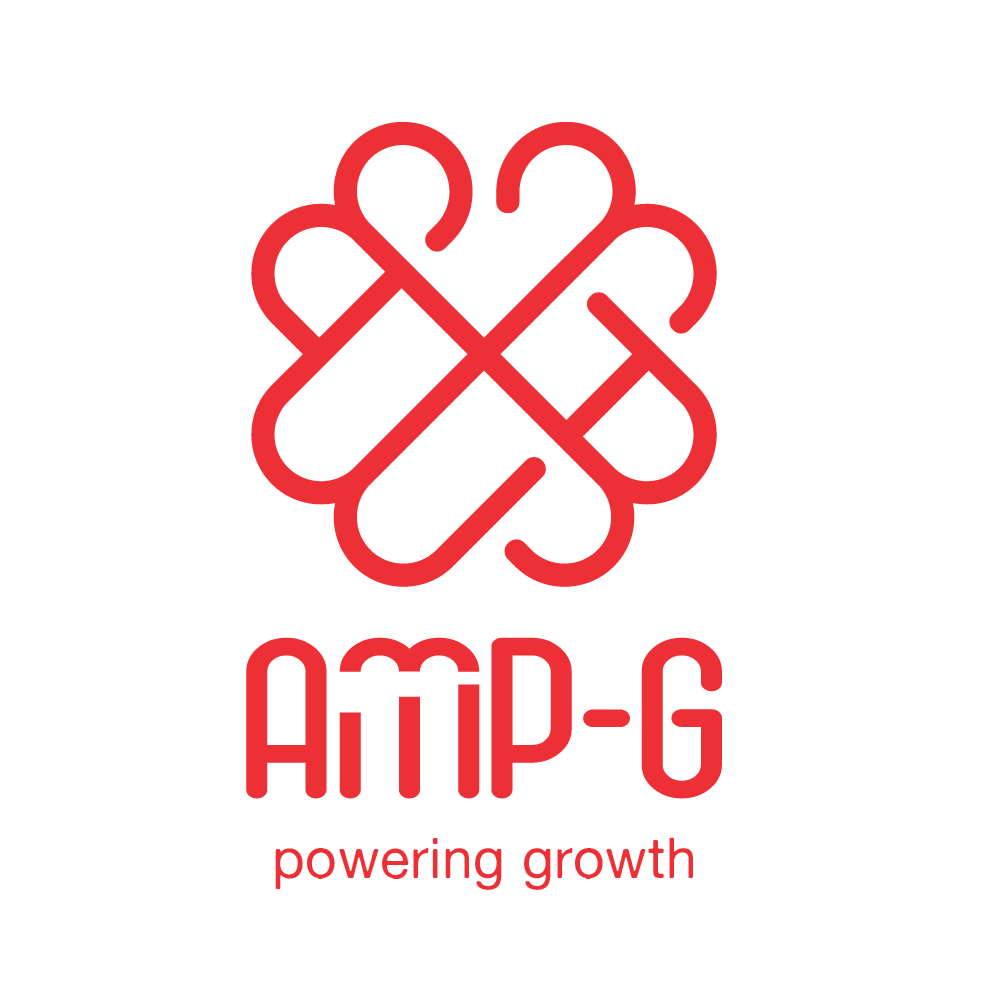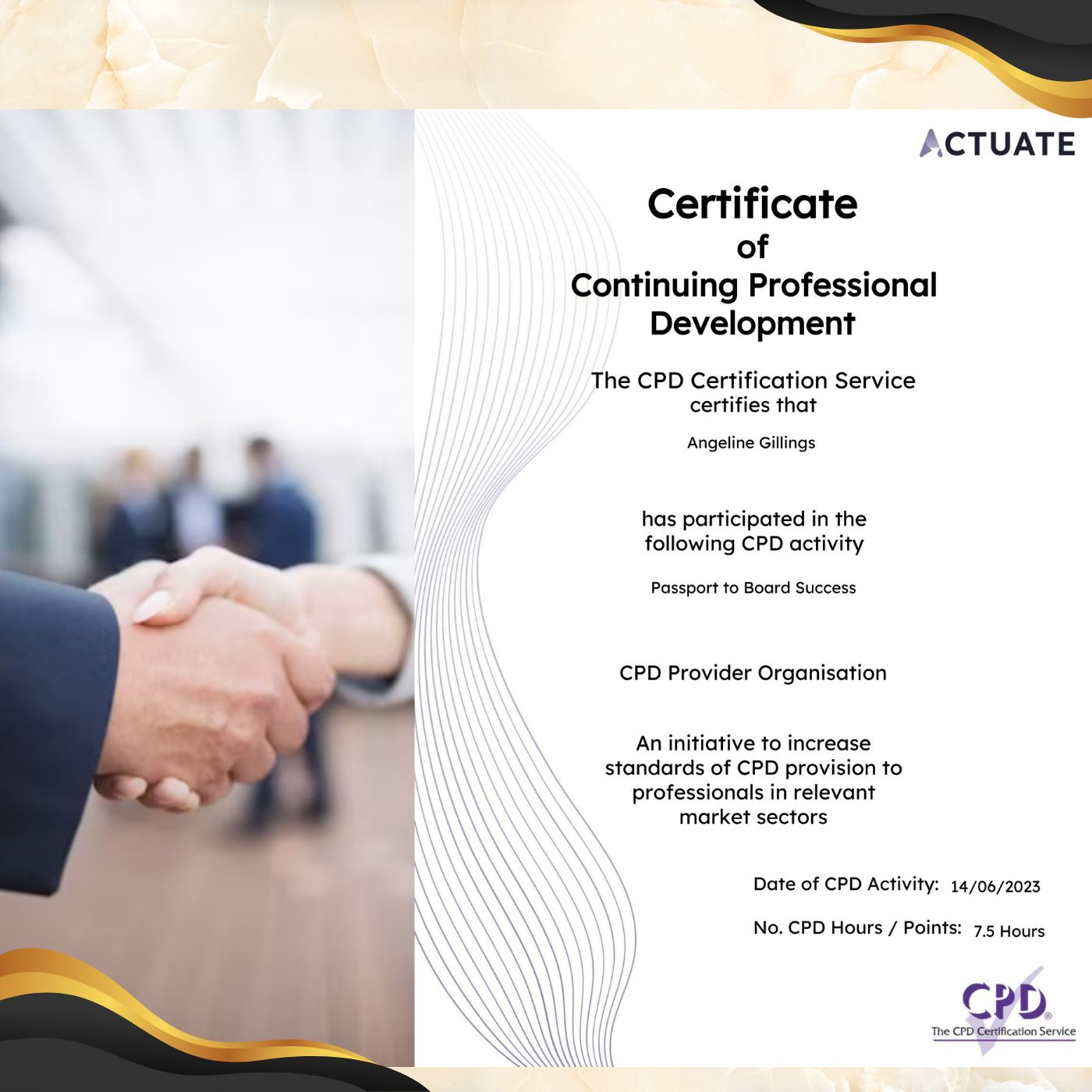Let’s explore the role of Non-Executive Directors (NED) and their importance on Boards. NEDs are independent directors who bring diverse perspectives, expertise, and strategic guidance to boards. They play a crucial role in decision-making, risk management, and enhancing corporate governance.
It is important to understand the skills and attributes required by Boards. Typically, Boards look for NEDs who possess a combination of industry knowledge, leadership experience, financial acumen, effective communication skills, and the ability to think critically and strategically.
Here are some key points when looking to understand Boards and the role of Ned’s.
Defining the NED role and its significance in corporate governance is key. NEDs are responsible for providing objective advice, independent oversight, and constructive challenge to the executive management team. They ensure that the board operates in the best interest of the organization and its stakeholders.
The responsibilities and expectations of a NED include attending board meetings, participating in committees, reviewing financial statements, evaluating risks, contributing to strategic discussions, and monitoring the performance of the executive team.
To expand a little further, the skills and attributes that Boards are looking for in NEDs apart from having industry expertise and leadership experience are strong ethical values, the ability to work collaboratively, sound judgment, along with effective communication, and interpersonal skills.
When looking for a Board role, think about your contribution and your approach to making a pitch. Firstly, you need to be confident in your ability to offer valuable perspectives. Reflect on your professional achievements, unique experiences, and diverse background that can bring fresh insights and different perspectives to board discussions.
Here are some examples: If you have a background in technology, you can contribute valuable insights into digital transformation and cybersecurity.
A company looking at global expansion strategies would be interested in a NED who has extensive experience in international markets to be able to provide guidance.
Presenting your value proposition to Boards requires the smart crafting of a compelling elevator pitch that highlights your relevant accomplishments, expertise, and the value you can bring to the Board. For example, your track record of successfully leading organizations through periods of change or your ability to navigate complex regulatory environments would be very impactful.
To understand the process of applying for NED positions, it is useful to research different organizations and their Boards to identify suitable opportunities. Tailor your application materials, including your CV and cover letter, to emphasize your relevant experiences, skills, and alignment with the organization’s mission and values.
For your application to be compelling, it should be relevant to each opportunity. Be specific about your achievements and mention examples to demonstrate them.
Your ability to contribute to board discussions and decision-making. Highlight any board or committee experience you may have, as well as any relevant certifications or training programs you have completed.
A small action like a personalized thank-you note post-interview could maximize your impact and increase your chances for selection. Where possible, leverage your professional network to make connections with individuals already serving on boards or to gain insights into potential opportunities.
Preparation for the interview includes researching the organization’s history, culture, values, and recent developments. Understand the current challenges and opportunities in their industry. Prepare thoughtful questions that demonstrate your knowledge and interest in the organization.
Where information is available, familiarize yourself with the board members’ backgrounds, their roles, and their areas of expertise. This will help you tailor your answers and show how you can complement the existing board composition.
Make practice your best friend to refine your interview skills.
Encourage constructive feedback and any guidance for improving your performance
Thorough preparation helps boost confidence and put you in ready mode. “The only way to do great work is to love what you do. If you haven’t found it yet, keep looking. Don’t settle.” – Steve Jobs.







0 Comments